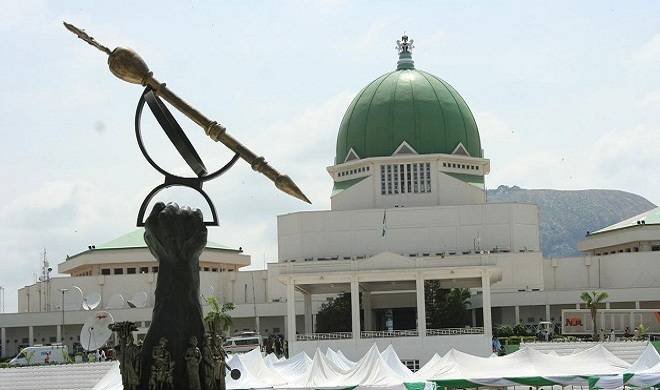NASS: Avoiding unnecessary probes
Just like its predecessors, the 9th National Assembly is also now busy with probing the conduct of a number of ministries, departments and agencies. In recent weeks, the two arms of the legislature have either ordered their relevant standing committees or constituted ad-hoc committees to probe various actions of the executive arm. The Senate is […]

Just like its predecessors, the 9th National Assembly is also now busy with probing the conduct of a number of ministries, departments and agencies.
In recent weeks, the two arms of the legislature have either ordered their relevant standing committees or constituted ad-hoc committees to probe various actions of the executive arm.
The Senate is currently, among others, probing the N1.8 trillion power intervention fund, the influx of substandard products and the Niger Delta Development Commission, NDDC, among others.
The House of Representatives, on the other hand, is investigating some MDAs over unspent budget, the activities of the Police Pension Company, the utilisation of funds allocated to fight COVID-19, Power Sector Reform and abandoned properties across the country.
The National Assembly, by virtue of section 88 of the 1999 Constitution, is empowered “to direct or cause to be directed investigation on any matter or thing with respect to which it has power to make laws, and (b) the conduct of affairs of any person, authority, ministry or government department charged, or intended to be charged, with the duty of or responsibility for (i) executing or administering laws enacted by National Assembly, and (ii) disbursing or administering moneys appropriated or to be appropriated by the National Assembly’’.
Subsection two, however, made it clear that the powers conferred on it was to enable it to make laws “with respect to any matter within its legislative competence and correct any defects in existing laws; and expose corruption, inefficiency or waste in the execution or administration of laws within its legislative competence and in the disbursement or administration of funds appropriated by it’’.
However, looking back at past trends, the exercise of this power has in many cases been fraught with controversies, which in some cases end up making the situation far worse than it was earlier.
Many probes ended up being enmeshed in accusations and counter accusations of bribery, intimidation and underhand activities.
One could easily recall the ex-legislator, Farouk Lawan’s fuel subsidy committee in which he was caught in an alleged $620,000 bribe scandal, the accusation and counter accusations between a former Director General of Security Exchange Commission, Arumah Oteh, and the House of Representatives Committee on Capital Market as well as the bribery allegation against Senator Iyabo Obasanjo Bello who was then heading the Senate Committee on Health.
Nigerians are also becoming more skeptical with probes and investigations because most of them do not result in any positive change. Over the years many citizens have come to view probes as just a waste of time or an opportunity for those in charge of such exercises to just flex muscle or gain favours.
Furthermore, it is almost safe to say that many of such probes have not resulted in any positive change in the way government is conducting its affairs.
In fact, many of such issues investigated are still major problems in the country.
The 2012 probe into how more than $10 billion was spent in the power sector without tangible result is still vivid in the minds of many Nigerians.
Since it is within the powers of the National Assembly to carry out such probes, Nigerians have to accept the fact that the legislators will continue to undertake them. But it is also imperative on our lawmakers to make them go beyond mere publicity stunts.
Efforts must be made to ensure that outcome of such probes are made public; those found culpable should be properly sanctioned, while necessary legislations must be found to ensure lessons learnt are put to use.
It is also imperative for the leadership of the two houses to undertake a review of past probes and investigations to avoid repeat of the exercise as well as ensure that the outcomes are fully implemented to their logical conclusion by the relevant authorities.
